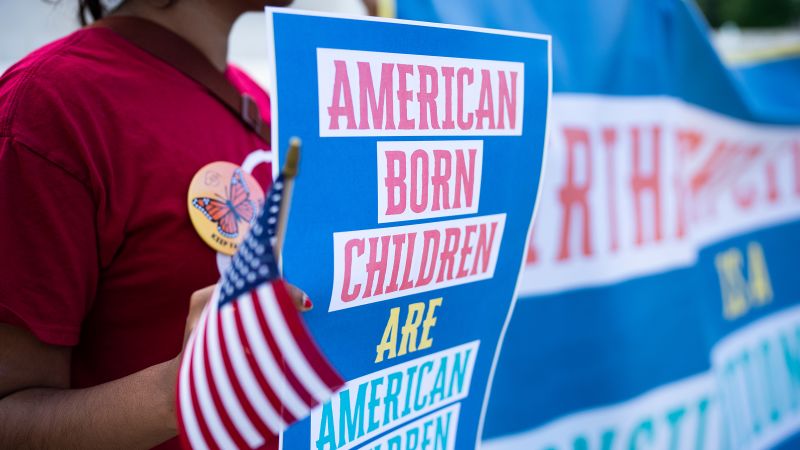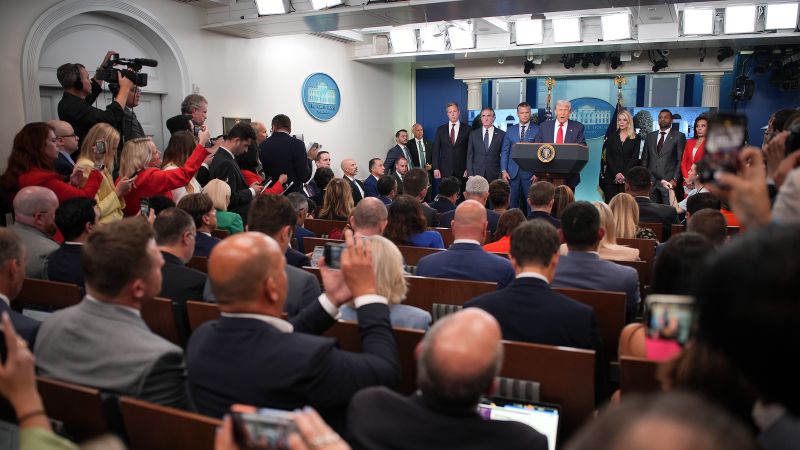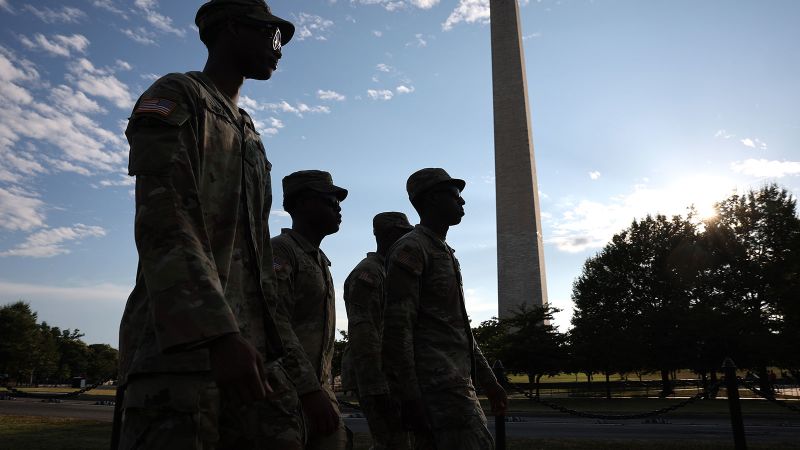
Trump's Birthright Citizenship Initiative Faces Legal Challenges
Opinion | 7/27/2025
President Donald Trump’s initiative to terminate birthright citizenship faced potential implementation this weekend, following a recent Supreme Court ruling that restricted the application of nationwide injunctions. The decision seemed to clear a path for Trump’s administration to enforce the plan, which has been met with legal challenges and ongoing opposition.
The proposed policy change, aimed at ending birthright citizenship, has encountered resistance from lower courts, resulting in continuous blockades. Despite the Supreme Court’s decision on nationwide injunctions, legal battles persist regarding the constitutionality of Trump’s efforts to alter citizenship laws.
Legal experts assert that birthright citizenship is established under the 14th Amendment of the U.S. Constitution, which guarantees citizenship to all individuals born or naturalized in the country. Critics argue that any attempt to revise this provision would require a constitutional amendment rather than executive action.
In response to the administration’s endeavors, critics have raised concerns about the potential implications of altering birthright citizenship, emphasizing the foundational principles of American law and the importance of upholding constitutional rights. Proponents of Trump’s proposal highlight the need for comprehensive immigration reform and stricter enforcement measures.
As the legal disputes unfold, the fate of Trump’s initiative to end birthright citizenship remains uncertain, with conflicting interpretations of constitutional law and the scope of presidential authority shaping the ongoing debate. The intricacies of this issue continue to be scrutinized by legal scholars, policymakers, and advocates on both sides of the contentious debate.


